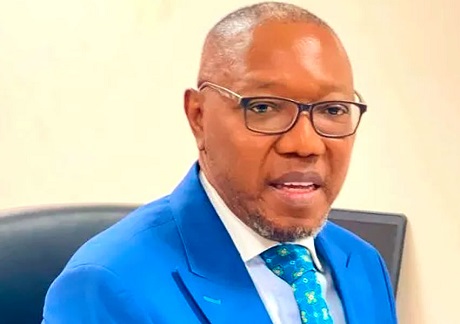adverts
Dr. Clement Apaak, Member of Parliament for Builsa South, has announced that the government will decentralise the procurement and supply of food items to secondary schools across the country.
This move will end the role of the National Food Buffer Stock Company Limited in procuring and distributing food items to public schools.
In a statement following a tour of food warehouses in Tema by a government delegation, Dr. Apaak disclosed that the Ministry of Finance is preparing to release funds directly to school heads, enabling them to procure food from local suppliers.
adverts
The decision follows ongoing discussions between the Ministry of Finance, Ministry of Education, Ghana Education Service (GES), and the Conference of Heads of Assisted Secondary Schools (CHASS).
Dr. Apaak explained that the government’s intervention is in response to concerns raised by CHASS regarding food shortages in schools. These concerns were amplified by the inability of the National Food Suppliers Association to meet delivery demands due to unclear payment plans and ongoing uncertainties about funding arrangements.
After a series of meetings between the Chief of Staff, CHASS, the Ministry of Finance, and the Ministry of Education, it was agreed that the funds needed to address the food supply challenges would be disbursed directly to schools. This shift to decentralisation is aimed at addressing immediate shortages and providing schools with greater flexibility in managing their food procurement.
“The government, through the Chief of Staff, acting on the orders of President John Dramani Mahama, has been working closely with the Ministry of Finance and the Ministry of Education to ensure that the required funds are released promptly.
This will allow heads of schools to directly purchase the necessary food items,” Dr. Apaak stated.
The decentralisation is expected to expedite the process of food procurement, reduce delays, and ensure that food supplies reach schools in a timely manner. The move is also part of a broader effort to improve the efficiency and sustainability of the food supply system for schools, addressing long-standing challenges faced by the education sector.
The announcement comes amid concerns that food shortages have disrupted school operations and caused stress among students and staff. While this intervention addresses short-term challenges, Dr. Apaak emphasised that a long-term solution would involve further collaboration between government agencies and stakeholders in the education sector.


